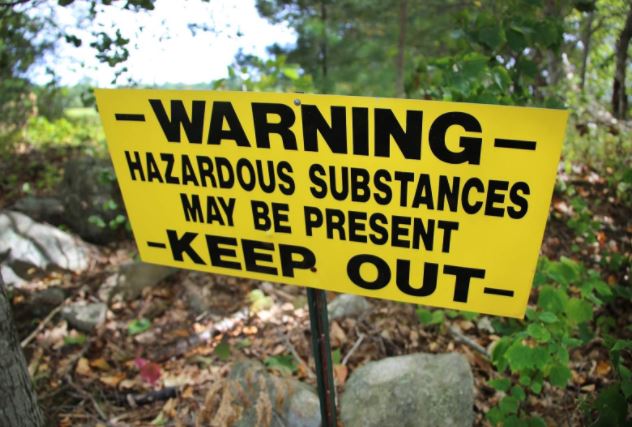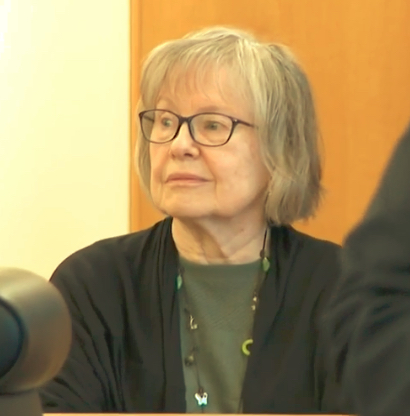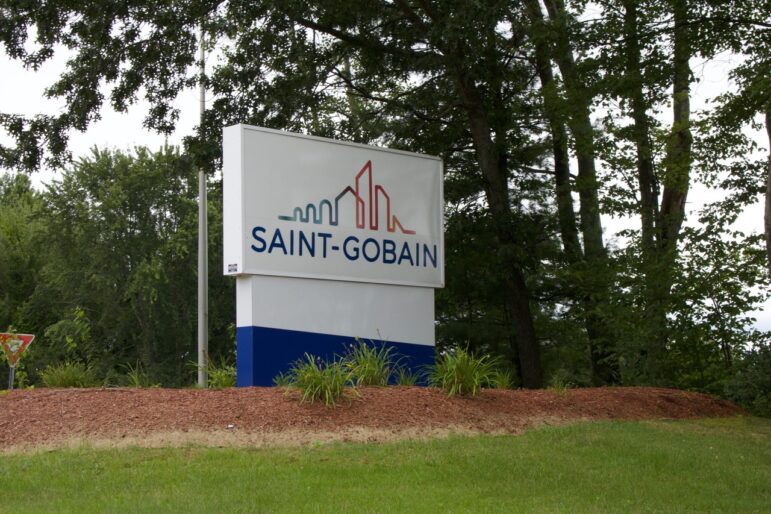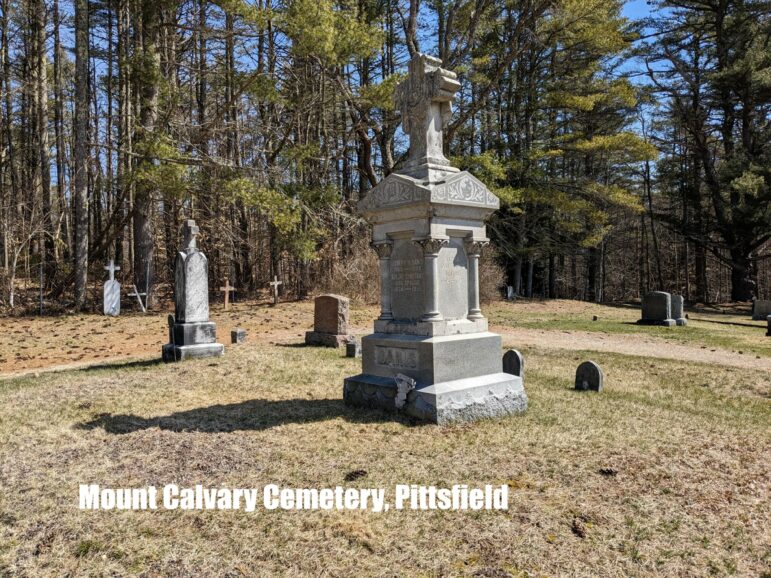By NANCY WEST
InDepthNH.org
A state lawmaker says Eversource Energy shouldn’t be allowed to buy Aquarion Water because Eversource was one of the polluters of the Coakley Superfund Site on the Seacoast years ago and is liable for about 2 percent of the cleanup.
Rep. Renny Cushing said while researching legislation to clarify that the Coakley Landfill Group, an organization of parties responsible for the superfund site, is subject to the state right-to-know law, he obtained a copy of the Coakley Landfill Group Participation Agreement dated Sept. 21, 1991.
“The CLG agreement confirms that Eversource (formerly Public Service Co. of NH) has acknowledged it is a potentially responsible party for the dumping of toxins and hazardous materials in the Coakley Superfund Site,” Cushing wrote in a filing to the Public Utilities Commission on Wednesday.
As a waste generator, Eversource is responsible for about 2 percent of the costs of cleaning up Coakley, Cushing wrote, which could cause a conflict of interest.
Cushing said that environmentally persistent toxins are migrating from the Coakley site and threatening private and public drinking water in the towns of Rye, Greenland, North Hampton and Hampton.
And that toxins that persist in the environment are migrating unmitigated from Coakley into the towns of Rye, Greenland, North Hampton, Hampton and Portsmouth threatening recreational and commercial fishing and the food chain of the Seacoast, Cushing wrote.
“If the acquisition of Aquarion by Eversource is allowed to go forward, it will in all likelihood lead to a situation where a polluter of the Coakley Superfund site takes control of an entity polluted by the Coakley superfund site,” he wrote.
Eversource spokesperson Martin Murray said the cleanup of the Coakley site is being completed according to a decades-old federal court decree led by the U.S. Environmental Protection Agency and the state Department of Environmental Services.
“The court named many of the businesses, towns and government agencies that utilized the services of the landfill during the time it was licensed and operating ‘Potential Responsible Parties.’
“PSNH (Eversource) was assigned a minor role. (Compare our assignment to that of the City of Portsmouth’s 40+ percent share and the Department of Defense’s 20 percent share.) There is simply no basis in reality to claim that Eversource, as a de minimis party, would now seek, or have the ability, to negatively influence the decades-long cleanup process that is being overseen federal and state agencies,” Murray said.
Murray added: “To suggest otherwise is demeaning to all those who are cooperating in this challenging issue.”
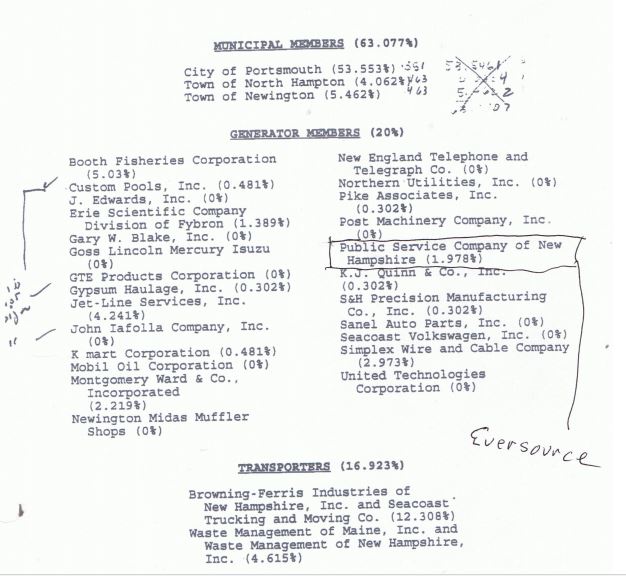
Coakley Landfill Group Participation Agreement dated Sept. 21, 1991.
In July, the state Department of Environmental Services told Cushing and a group of Seacoast legislators that the “migration of contaminants” from Coakley superfund site was “unacceptable and needed to be addressed.”
The DES letter concluded: “NHDES believes that actions need to be implemented at the site to provide additional removal or containment of the contamination, in order to mitigate these surface water quality impacts.”
When Eversource joined with the other polluters in a cleanup plan a quarter century ago, they selected one of the two least expensive options proposed, “but which the NHDES has now acknowledged has failed to completely contain the toxins,” Cushing wrote.
“Eversource’s choice to cut corners on Coakley cleanup costs instead of protecting drinking water, surface water, fish, wildlife and food chain, may have been in the best interests of its stockholders and electric customers, Cushing wrote. “But it is not in the best interest of 9,400 water customers in Hampton, North Hampton and Rye to become captives of a utility whose only experience with water is in polluting it, not protecting it for us all to drink.”
It also caused a potential conflict of interest between Eversource’s liability for the Coakley Superfund Site and the need to protect Aquarion drinking water from toxic contaminants, according to Cushing.
“(It) exposes both Eversource and Aquarion customers to potential harm and should be rejected by the commission,” Cushing wrote.
Cushing, a Democrat, was granted intervenor status because he is an Aquarion customer. A hearing on the acquisition is scheduled for today (Thursday) at 1:30 p.m. at the Public Utilities Commission in Concord.
According to an Eversource Energy news release in June, the acquisition will combine New England’s largest energy company with the region’s largest private water company.
Eversource said it reached an agreement to acquire Aquarion Water Company for an enterprise value of $1.675 billion, comprised of $880 million in cash and $795 million of assumed Aquarion debt.
In his motion to intervene, Cushing said the proposed acquisition of Aquarion by Eversource will adversely affect rates, terms, service, public health and safety of Aquarion customers in the three towns.
Eversource has one of the most, if not the most, powerful political lobbyists team in the state, he wrote.
“The taxpayers of the towns of Hampton, North Hampton, Rye and other communities in the state have been saddled with a mandate from the state that provides a sweetheart deal exempting some utility property from paying property taxes and forcing the property tax bills of other taxpayers to increase to make up for the revenue loss.
“This state-mandated and town-funded corporate welfare scheme has cost the Town of Hampton tens of millions of dollars in revenue over the past couple of decades,” Cushing wrote.
“At the same time Eversource is attempting to take over the public water system in the seacoast, the company is attempting to force the controversial Northern Pass Project on the communities of the north country over the concerns and objections of the residents and businesses of that part of the state.
“It does not make financial sense and is not in the public good to have Eversource acquiring Aquarion at the same time it pursues building Northern Pass,” Cushing wrote.
According to the U.S. Environmental Protection Agency, the Coakley Landfill Superfund Site includes approximately 92 acres in the towns of Greenland, North Hampton, and Rye, with the actual landfill covering about 27 acres within the Site. Landfill operations began in 1972, with waste disposal from Portsmouth, North Hampton, Newington, New Castle, and Pease Air Force Base. Also from 1982 through 1985, Pease Air Force Base, and these municipalities among others, transported their refuse to an incineration plant operated by Portsmouth, which in turn transported the incinerator residues to the Site until 1985 when the landfill was closed. It was listed as a priority in 1986 and four years later, the EPA selected a long-term “source control” remedy that “includes consolidation of on-site waste and sediment into a capped and fenced landfill, collection and venting of landfill gases, long-term environmental monitoring, and institutional controls to prevent contact with site contaminants and to protect components of the remedy.”
